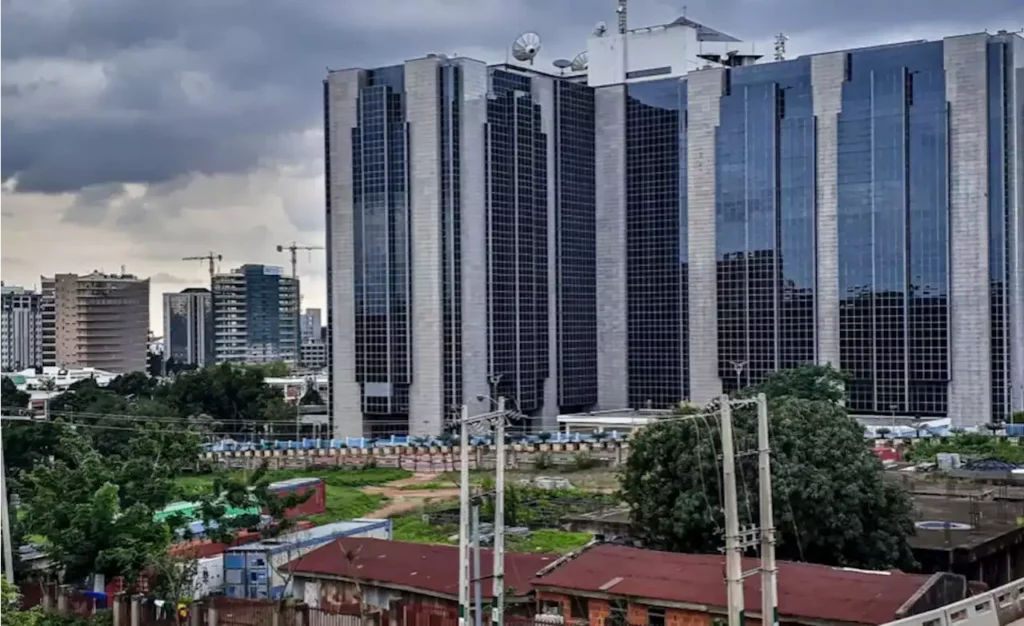The Central Bank of Nigeria (CBN) has borrowed U.S.$7.5 billion from U.S. banks JP Morgan and Goldman Sachs by pledging securities as collateral. The loan agreement and lack of transparency around it have led to concerns about Nigeria’s fiscal stability and creditworthiness.
Read More: Diving into Diversity –Afrilabs Pan-African Language Week 2023
Analysts point out that if the CBN defaults on these loans, it could trigger a sell-off of Nigerian bonds and negatively impact the country’s credit rating, potentially pushing it into “junk” status. There have already been prior downgrades by rating agencies, including Fitch and Moody’s, which have cited deteriorating government debt servicing costs and external liquidity.
The revelations from the CBN’s 2022 financial reports have cast doubts on recent economic reforms and efforts to stabilise Nigeria’s economy. Some analysts argue that the undisclosed borrowing, coupled with inadequate documentation, could undermine recent measures like the unification of exchange rates.
Read More: Unlocking Africa’s Human Capital Potential – A Path to Prosperity
To worsen matters, the Central Bank Governor Godwin Emefiele was suspended by President Bola Tinubu, on June 9, 2023. Although the suspension was related to the bank’s alleged support of militant group Boko Haram, as well as its support of the outlawed separatist group, the Indigenous People of Biafra (IPOB), it has placed a cloud over the financial affairs at the Central Bank. Concerns for the bank’s ability to manage the country’s economy has led to calls for an investigation.
